How to Reach Out After Losing Touch
This post was originally published in the Harvard Business Review.
What’s worse than having the perfect person to reach out to about a job opportunity, a career switch, or an impending move to Asia, and not being able to do so because you’ve lost touch? How many people have you come across in your life who suddenly might help your cause, personally or professionally, but whom you haven’t seen or spoken to in ages — and perhaps you just feel guilty about popping up now that you need them?
The bad news is that it happens more often than you might think. The good news is that it’s entirely possible to reconnect with people, even if it seems preposterous after months or years gone by. The passage of time is not a good enough reason to let a potential connection go to waste. If you have someone you’ve been meaning to reach out to or someone you’re dying to reconnect with, here are three easy steps to make that potentially awkward exchange much less painful and potentially even fruitful:
- Acknowledge the lapse in time
- Explain the “Why now?”
- Offer a quid pro quo
Acknowledge the Lapse in Time
There’s arguably nothing more awkward (or annoying) than receiving a call or an email from someone you haven’t heard from in ages who acts as if you’re best buds or assumes you know (or care) about their current life. It’s disingenuous and ineffective. On the other hand, glossing over a long-term lapse in communication is akin to ignoring the elephant in the room. You both know it’s out there.
Instead, acknowledge the lapse of time up-front and center — and give that time period some rationale or context. Have you been off at university completing your studies? Working or traveling abroad? Did you leave your profession to try something new? Did you have a family, get married or change careers? Or, have you just been completely busy and self-absorbed? Whatever the reason, you need to acknowledge it.
- Lance, I wanted to reach out to say hello. I know it’s been ages since we’ve spoken but I’ve thought of you often over the years and I’ve always wanted to reconnect.
- Patricia, how are you? I’m sure you’re surprised to hear from me — the last time we spoke I was headed off to graduate school. I wound up moving to Washington D.C. shortly thereafter, where I’ve been for the last five years.
- Sean, hello and I hope you’re well! I’m so sorry I haven’t been in touch sooner, you’ve been on my mind for months and I’ve just been completely consumed by a crazy work schedule.
Explain the “Why Now?”
There are infinite reasons why you’d need or want to reach out to someone after losing touch. Presumably, you either have an agenda to pursue, you want to reconnect just for the sake of having them on your side if and when you do have an agenda, or you actually owe them something that you never followed up on.
In any of the above cases, it’s important to think about why you’re reaching out now, after all this time, and be transparent about your motive. The “why now” should include both the transition or event that prompted you to get in touch and your agenda, if you have one. To wit:
- I wanted to reach out to you to let you know that I’m headed to Asia next month to work in GE’s plastics division. Last I heard you were working in Tokyo. I thought you might be a great person to reach out to before heading abroad.
- After leaving the firm following the birth of my daughter, I recently came back online and I’m thrilled to be working with the consumer retail sector again. I was hoping you’d have time to sit down for coffee and catch up, I’d love to hear your perspective on how the industry has changed.
- I’ve just begun the application process to graduate school and I know you had a great experience at Duke. I was wondering if you might have some time to talk about your MBA experience with me.
Offer a Quid Pro Quo
Finally, throw in an offer of help or reciprocity for good measure. Be gracious and generous (thanks so much in advance for your help, I look forward to hearing from you) and emphasize that you’d like to be helpful to them as well to the extent possible. You’re much more likely to get a response when you think about a two-way benefit and not just how you can take advantage of the other person’s expertise or connections.
As for me, I ran into a classmate in Ithaca in 2009 who was the entrepreneur in residence at the Johnson School. I told him excitedly about my business and he generously told me to give him a call for some over the shoulder advice. Sadly, I let the ball drop. Life just moved quickly as it often does and when I finally got around to reaching out, it was the spring of 2010. Nonetheless, I used my gumption and contacted him. I used the strategy above and then finished my “tail between the legs” email by letting him know that I’d certainly love to return the favor one day in exchange for his business expertise. It worked. Even though he had moved on from his role, Sean and I connected and he was extremely generous with both his time and knowledge. We reestablished a relationship that should prove useful (and fun) to both of us for years to come.

